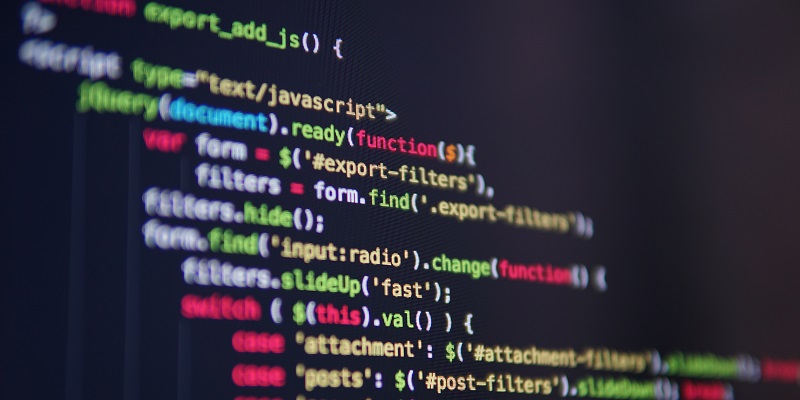Artificial intelligence (AI) is a rapidly developing technology that has changed the way we interact with computers. With advances in AI, we have seen the emergence of AI-generated code which holds immense potential to revolutionize software development.
In this article, we will explore the advantages and disadvantages of AI-generated code and examine the potential risks and benefits of incorporating it into production systems. We will emphasize the importance of maintaining a balance between utilizing AI-generated code and incorporating human expertise. Additionally, we’ll discuss the necessary testing, debugging, and quality assurance processes needed to ensure reliability and robustness.
Advantages of AI-generated code
The primary advantage of AI-generated code is that it can rapidly generate entire code segments, enabling developers to prototype quickly and increase efficiency. This saves time and resources that can be utilized in other essential aspects of software development. Additionally, AI-generated code ensures code consistency, which improves the predictability and usability of software systems.
Disadvantages of AI-generated code
While AI-generated code is beneficial, it lacks the creative input and optimization techniques that are characteristic of human developers. Therefore, AI-generated code may not possess the same level of innovation and optimization that humans can provide. Furthermore, AI-generated code may not always adhere to industry-standard coding practices or project-specific quality requirements, which may result in errors and inefficiencies.
Risks associated with introducing AI-generated code into production systems
Introducing AI-generated code into production systems without rigorous review and security assessments can pose significant risks. The generated code may contain security vulnerabilities that hackers can exploit, leading to data breaches and system failures. Additionally, AI-generated code may not have undergone proper quality assurance tests, which could result in serious software malfunctions.
The need for extensive quality assurance processes
To ensure the reliability and robustness of AI-generated code, developers should invest additional effort in extensive testing, debugging, and quality assurance processes. While AI-generated code can help save time and resources, utilizing it without proper quality assurance can adversely affect software development timelines. Testing and quality assurance processes are necessary to detect issues, identify and correct bugs, and ensure that the software system operates as intended.
Maintaining a balance between AI-generated code and human expertise
The adoption of AI-generated code should not replace human expertise. Human developers should use the generated code as a tool to assist in their work, incorporating their creativity, ingenuity, and optimization techniques to produce robust, high-quality software. While AI-generated code can help accelerate software development, human expertise is still essential for developing innovative solutions to complex problems.
Developers continue to build their professional skills and knowledge
Despite the availability of complete code generation tools, developers should continue to build their professional skills and knowledge. Human expertise continues to be an integral component of software development. To remain relevant and competitive in the field of software development, developers must continue to upskill and upgrade their knowledge through training and professional development.
Prioritizing security audits
When incorporating AI-generated code into production systems, developers must prioritize security audits and assessments. A security audit will detect security vulnerabilities and assess the potential risks posed by AI-generated code. The audit process should include security protocols, best practices, and security measures to mitigate risks.
In conclusion, AI-generated code holds immense potential to revolutionize software development. However, developers must maintain a balance between AI-generated code and incorporating human expertise to ensure a proper software development process. Proper testing, debugging, quality assurance, and security assessments of AI-generated code are also necessary to ensure reliability and robustness. By taking a thoughtful and balanced approach, combining the power of AI with human expertise, implementing robust testing and security measures, and ongoing maintenance processes, developers can effectively leverage complete code generation capabilities.

